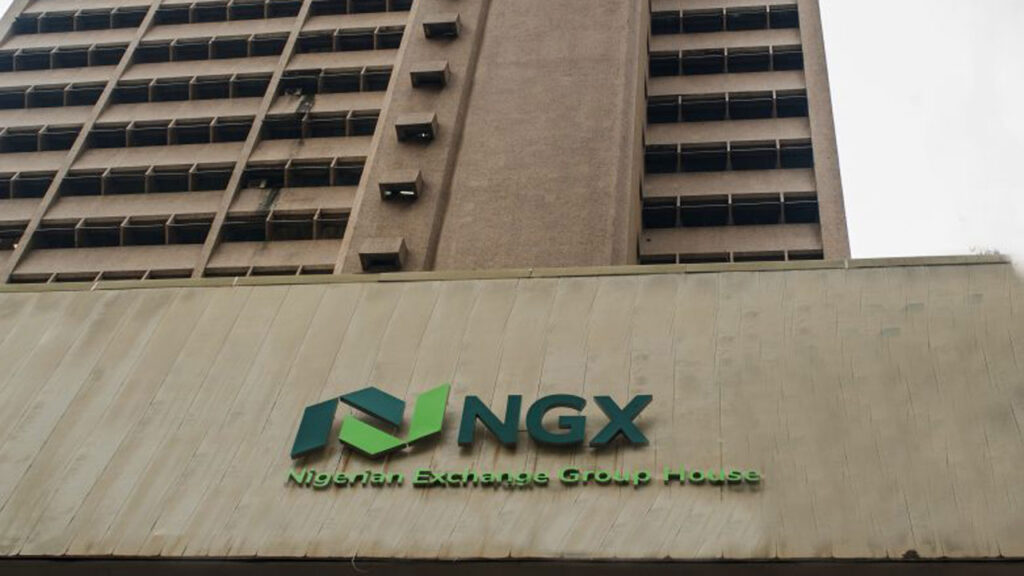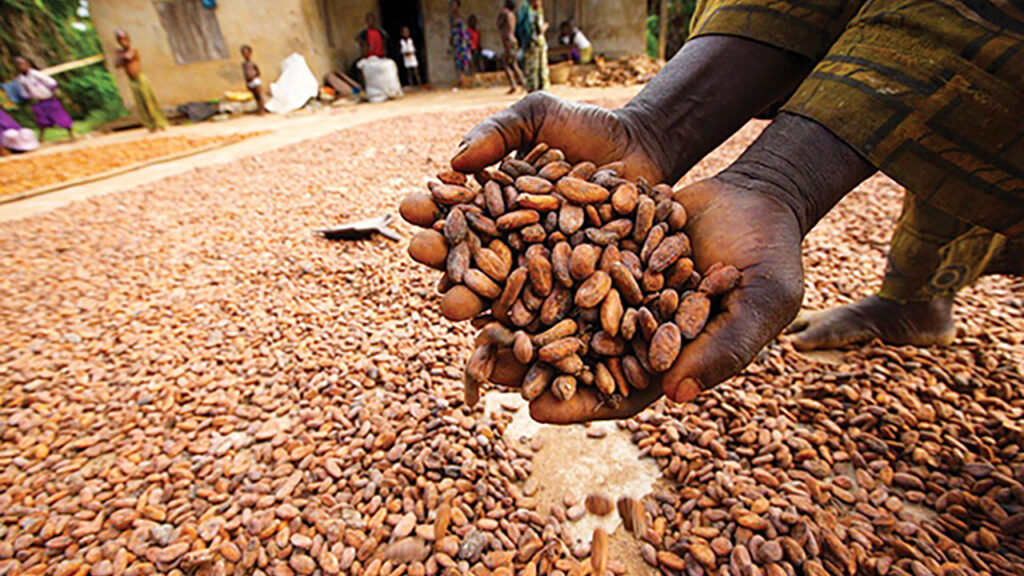
There are indications that Micro Small and Medium Enterprises (MSMEs) in Nigeria may increase their revenue by over $10 billion going by the adoption of solar energy to power businesses.
With persistent grid collapse and erratic electricity supply, experts have described as sacrosanct for businesses in the country, the deployment of renewable through off-grid solutions.
A new report by Boston Consulting Group (BCG) and All-On, a Shell-funded impact investment company, which analysed solar energy implementation on Health, Education and Food Security outcomes as well as its effect on the Environment and Commercial Activity in the country, stressed on the many opportunities for solar in Nigeria.
According to the report, deploying solar to around 15 to 20 million MSMEs in markets without reliable grid electricity could increase income at these companies by $7 billion to $10 billion. That is about 40 per cent of yearly MSMEs earnings in the country.
The report rated Nigeria’s solar off-grid market as one of the fastest growing in Africa, increasing at a 22 per cent average yearly rate during the past five years.
Regretting, however, that the development underperformed its peers in Africa in penetration of off-grid solar, experts at the companies insisted that Nigeria has a long way to go before its solar market could be considered robust.
“Nigeria’s installed photovoltaic (PV) panel per capita amounts to only about one watt compared to an average of eight watts in similar emerging markets, indicating a big opportunity for further growth in the country. Given the dynamics favouring solar deployment in the country, Nigeria’s PV per capita could reach five – eight GW by 2030,” the group said.
The report noted that Nigerian Primary Health Centres (PHCs) with solar electricity witnessed a 60 to 70 per cent improvement in antenatal care coverage and a 40 to 60 percent reduction in vaccine waste.
It added that at Nigerian public boarding secondary schools that have installed solar equipment, students’ study hours increased by over 200 percent and the number of Information and Communications Technology (ICT) teaching hours rose by 30 per cent. Also, the study showed that farmers that adopted solar-powered cold storage reduced postharvest loss (PHL) for perishable goods by up to 30 percent.
The study revealed that around 500,000 Nigerian households (1.25 per cent of total households) use solar energy, which has resulted in upwards of 160,000 tonnes of CO2 emissions being avoided.
In markets that have been powered by solar panels in Nigeria, the study stated that there was a 20 to 40 per cent increase in operating hours of MSMEs and that they avoided the substantial inventory and sales losses resulting from fires caused by generators.
Managing Director and Partner, BCG (West Africa), and Head of BCG Nigeria, Tolu Oyekan, noted in the report that installing solar in 18,000 PHCs that do not otherwise have access to reliable power could increase antenatal care coverage from current levels of 50 to 70 percent of pregnant women and with improved refrigeration vaccine wastage would be reduced by as much as 20 percent.
He also projected that providing solar to about 1,200 public boarding schools would increase average student study hours across the country from about 8 hours to 18 hours per week and improve ICT teaching hours by as much as 60 percent.
Oyekan added, “Based on current solar-powered cold storage adoption data, by electrifying 600,000 Nigerian farmers who currently don’t have cold storage facilities PHL could be slashed by as much as 60 percent, producing enough additional food to feed 6.5 million people annually.
“Assuming solar penetration among households in Nigeria reaches peer nation average of about 30 percent by 2030, an additional five million tonnes of CO2 can be avoided as emissions from households would be reduced by nearly 30 percent.”













